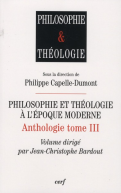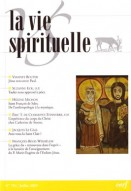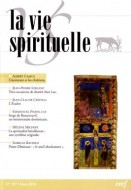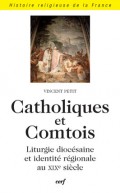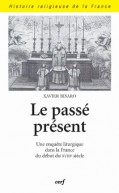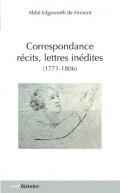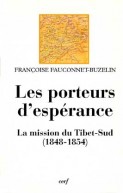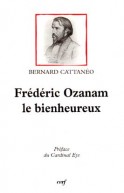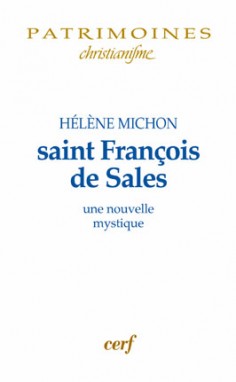
Saint François de Sales
Collection Patrimoines - Christianisme
368 pages - mars 2008
47,30€
Au lendemain du concile de Trente, François de Sales, même s'il s'insère dans un mouvement plus large qui se dessine à l'aube du siècle classique, a été le principal promoteur d'une spiritualité adressée aux laïcs. Il a transposé, dans une langue qu'il définit lui-même dans le « Traité de l'amour de Dieu » de « naïve et sans fard », les mystères de la science théologique et mystique. François de Sales semble rédiger plutôt un ouvrage de spiritualité, issu de la mouvance de la « dévotion moderne », qu'un ouvrage de mystique à proprement parler. Mais est-ce bien cela ? Le « Traité de l'amour de Dieu » est-il de même nature que l'« Introduction à la vie dévote » ? Cette question engage une définition de la mystique elle-même. Or, la mystique salésienne se révèle profondément ancrée dans la théologie comme dans le texte scripturaire. Si la dimension expérimentale est bien présente dans le « Trait頻, l'ascension de l'âme vers Dieu se fait cependant à travers l'Écriture, selon une modalité toute proche encore de la « lectio divina », et au sein de l'assemblée ecclésiale des saints. C'est donc véritablement une nouvelle conception de la mystique, à la fois scripturaire et théologique qui se met en place avec ce « Traité de l'amour de Dieu » qui, jusqu'à maintenant, n'a fait l'objet que de peu d'études. Celle d'Hélène Michon vient heureusement combler ce quasi-vide.
--
In the wake of the Council of Trente, François de Sales was the principal source of a spirituality addressed to laymen, although he was part of a wider movement which appeared at the dawn of the classic century. He transposed the mysteries of mystical and theological science into a language he defined himself, in his ‘Treatise on the Love of God’, as ‘naive and unpretentious’. François de Sales’s work appears more like an essay on spirituality from the ‘devotio moderna’ movement than a mystical text proper. But is that really the case ? Is the ‘Treatise on the Love of God’ of the same nature as the ‘Introduction to the Devout Life’? To answer this question, we must define mysticism. However, Sales’ mysticism is deeply rooted in theology as well as the scriptures. Although an experimental dimension is clearly present in the ‘Treaty’, the ascension of the soul toward God is accomplished through the Scriptures, in a manner that is still very close to the ‘lectio divina’ and the ecclesial assembly of the saints. In consequence, the ‘Treatise on the Love of God’ instated a new conception of mysticism, both scriptural and theological. Until today, the work has rarely been studied. Fortunately, Hélène Michon’s book has filled what was almost a complete void.
--
In the wake of the Council of Trente, François de Sales was the principal source of a spirituality addressed to laymen, although he was part of a wider movement which appeared at the dawn of the classic century. He transposed the mysteries of mystical and theological science into a language he defined himself, in his ‘Treatise on the Love of God’, as ‘naive and unpretentious’. François de Sales’s work appears more like an essay on spirituality from the ‘devotio moderna’ movement than a mystical text proper. But is that really the case ? Is the ‘Treatise on the Love of God’ of the same nature as the ‘Introduction to the Devout Life’? To answer this question, we must define mysticism. However, Sales’ mysticism is deeply rooted in theology as well as the scriptures. Although an experimental dimension is clearly present in the ‘Treaty’, the ascension of the soul toward God is accomplished through the Scriptures, in a manner that is still very close to the ‘lectio divina’ and the ecclesial assembly of the saints. In consequence, the ‘Treatise on the Love of God’ instated a new conception of mysticism, both scriptural and theological. Until today, the work has rarely been studied. Fortunately, Hélène Michon’s book has filled what was almost a complete void.
- Dimensions : 145x235x25
- ISBN : 9782204084093
- Poids : 530 grammes

